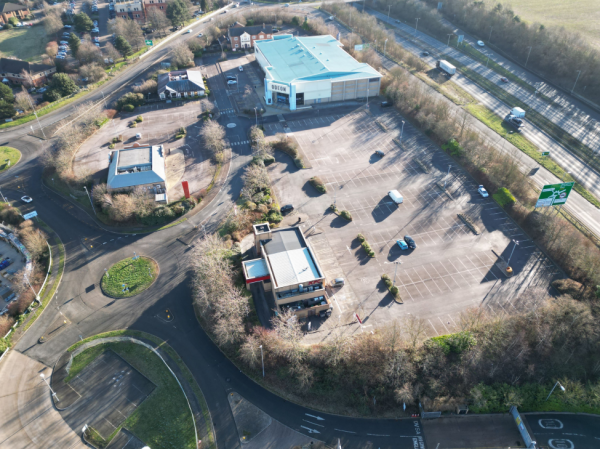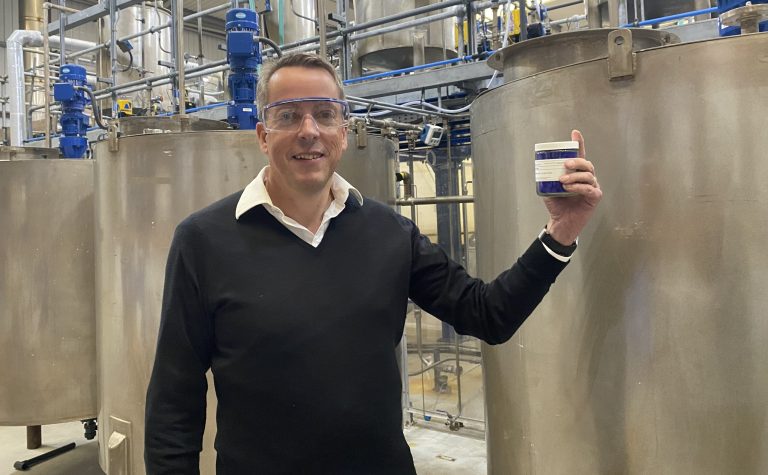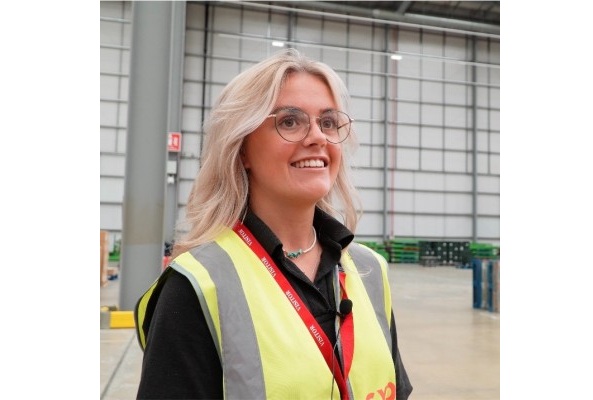A new digital platform has been launched to strengthen the Midlands’ innovation network and improve access to data on the region’s growing tech and research economy.
The Midlands Ecosystem Platform, introduced during Birmingham Tech Week, compiles data on nearly 6,000 startups and 400 university spinouts. It connects users to more than 50 science and technology campuses, accelerators, corporate partners, and over 1,000 investors across the region.
The initiative was developed by Midlands Innovation, Forging Ahead, Midlands Mindforge, and the Invest in UK University R&D Midlands campaign, with support from data provider Dealroom.
The free, open-access tool aims to help founders update company profiles and identify funding opportunities, while investors can monitor emerging ventures. It also enables universities to highlight commercial spinouts and assists government bodies in analysing regional investment trends.
By mapping business, academic, and investment activity in one place, the platform is intended to provide a clearer view of the Midlands’ £31 billion innovation landscape and to encourage stronger collaboration between its research institutions and private sector.












